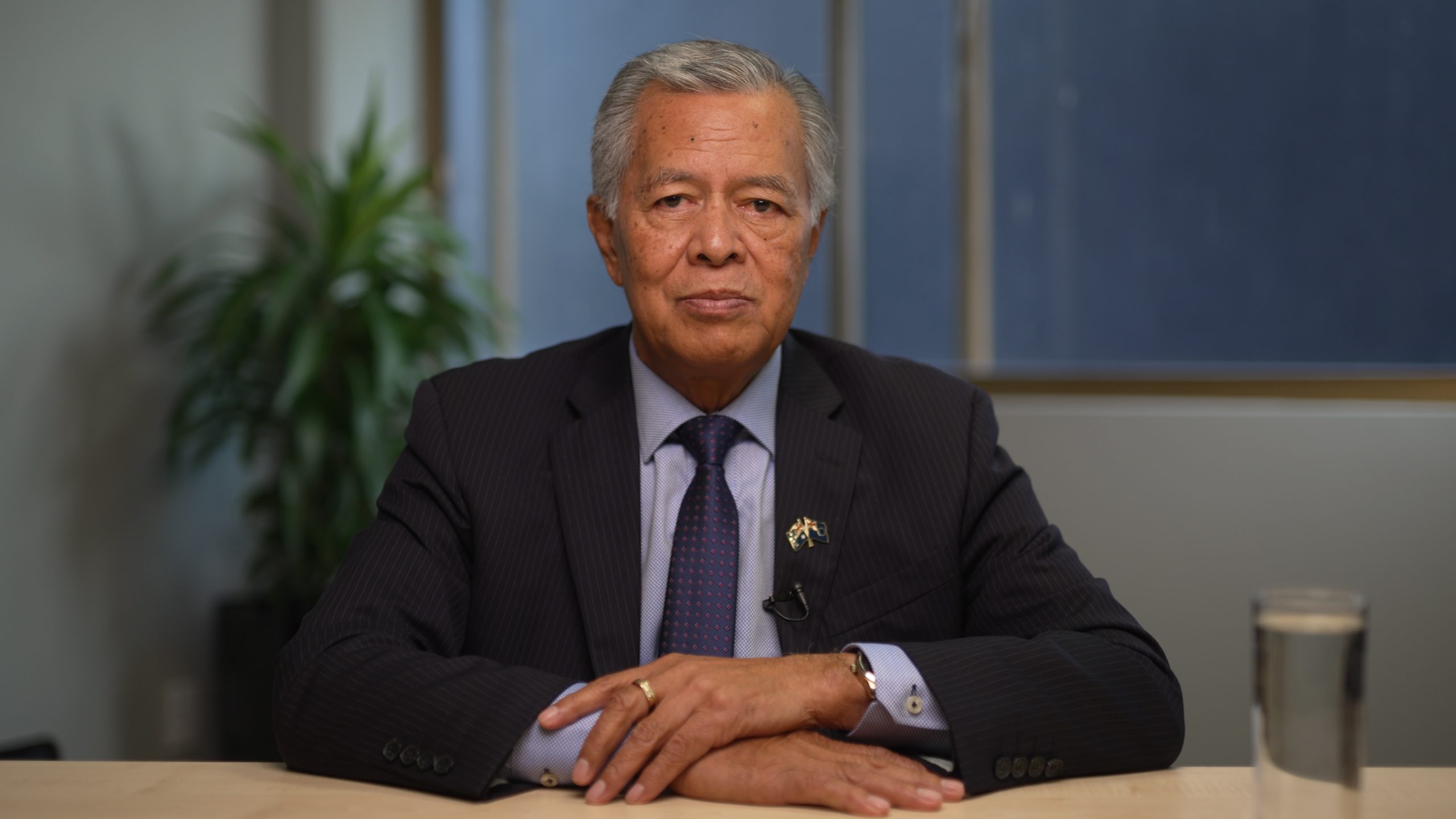Celebrating World Ocean Day
“This expedition gave me the opportunity to see depths from the shallows, all the way down to the deep and just showed me that everything is connected, even from the mountaintops. What we do on land will affect the ocean and vice versa, and we all need to do our part as individuals and as a collective to take care of our natural resources.”
These were the words of Nicole Yamase, the Pohnpeian scientist and “first Islander, first marine botanist, fourth woman and 20th person” to visit the deepest part of the ocean, the Challenger Deep in the Mariana Trench last year.
Yamase was speaking at a Pacific Ocean Alliance event organised by the Office of the Pacific Ocean Commissioner World Ocean Day event on June 8, where she described the excitement and awe she felt while exploring the bottom of the ocean.
“All I could think of was how proud the Pacific Islander community and our ancestors would be. We did it, we made it to the deep.
“We all know that life has both ups and downs, right? While, at the bottom… I saw marine debris – plastic line or rope in a place that only less than two dozen people have been to, but there was trash, and this was a moment of disappointment, but it’s also a moment of reality.
“That our deepest waters are polluted and we need to do something about it.”
Another trailblazer, sailor Kathrilla Rikeo, the first Marshall Islands woman to sail 2389 miles from Hawaii to Majuro aboard a vaka, shared the ocean teaches humanity and unity. “You can be there to break boundaries to save the ocean, don’t just sit by and watch everybody else. You’re supposed to help.”
Pacific Islands Forum Chair, Tuvalu’s Prime Minister Kausea Natano opened the event by reminding participants: “Our Blue Pacific Ocean is our most valuable shared resource. It is the source of our livelihood and most pertinently, our very identity as Pacific Islanders.
“This special connection gives us responsibility as stewards and custodians of one of the world’s richest marine biodiversity. We must step up our efforts for the benefit of present and future generations. Our lives and livelihoods are defined by the vibrancy of our ocean. The Blue Pacific cannot exist without a healthy and productive ocean.”
In his first official engagement, new Pacific Ocean Commissioner who is also the Pacific Islands Forum Secretary General, Henry Puna talked about his own reliance and respect for the ocean as a pearl farmer and as a champion of the Marae Moana legislation (which provides a framework to make resourcing decisions on integrated management, through adopting a precautionary approach to the marine environment) as Cook Islands Prime Minister.
He also talked about the opportunities afforded by the recently-launched Decade for Ocean Science: “In this decade 2021 – 2030, we should aim to use the knowledge and data on the marine environment, in a more coordinated and integrated fashion, to better inform decision-making processes, and management actions.”
“As Pacific people, we are entrusted the responsibility as stewards, of this great ocean. We are all born conservationists – it is in our stories, it is in our communal wisdom, it is in our blood. In short, it is our DNA.”
Another Cook Islander, college student Hereiti File shared that as Pacific Islanders, we are lucky to have the ocean as a backyard and to claim the sea as part of our home.
“After all, is an island still an island without the ocean that surrounds it?”
United Nations Secretary General’s Special Envoy for the Ocean, Fiji’s Ambassador Peter Thomson encouraged Pacific nations to continue their strong advocacy for ocean protection internationally, specifically in the areas of illegal, unreported and unregulated fishing through the Port State Measures Agreement, supporting an end to “harmful fisheries subsidies”, and supporting a global plastic pollution treaty.
Reverend James Bhagwan, General Secretary of the Pacific Conference of Churches when blessing the ocean and the event gave a timely reminder that as people of the Blue Pacific ocean, the liquid continent, they have interconnectedness and deep spirituality with the ocean.
“We are called by God and our ancestors to maintain a deep relationship with the ocean- our sister, our mother.”
High school student AnnMary Raduva from Fiji closed the session with a tribute to her late maternal great grandfather Jimione Mataiasi Howard; a sailor, storyteller, keeper of traditional knowledge, canoe carver and fisherman, whom she says, instilled in her a love of the ocean. As a 14 year old, Raduva rose to prominence locally when she called on the Fiji Government to look at balloon releases as littering after watching a video of a turtle choke on balloon fragments.
“When business houses and adults challenged me to give them an alternative to using balloons, I turned to mangrove planting – and fought back by walking the talk – instead of using balloons to mark a special milestone or an event, I encouraged people to plant mangroves or plant native trees and to explore other environment friendlier alternatives.”
“All our ocean stories are inter-connected,” she concluded. “I hope Ocean storytelling is here to stay.”
You can read more on www.opocbluepacific.net
